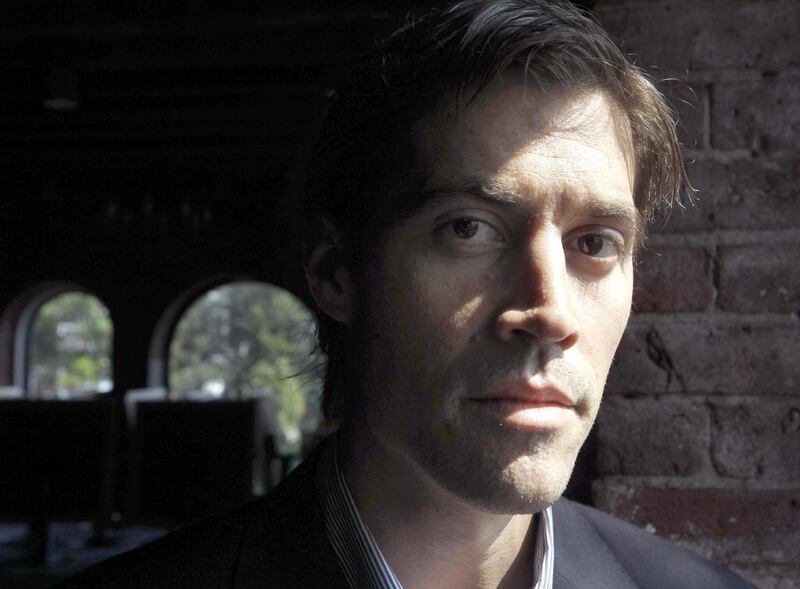The new anti-terrorism law approved by the President, Sheikh Khalifa bin Zayed, introducing harsher penalties for acts related to extremism is a critical step towards preventing such crimes. But, as we have previously argued on these pages, addressing terrorism also requires the debunking of extremist ideas, something that the UAE is also working hard to address.
Elsewhere in the region, particularly in Iraq and Syria, deep instability and chaos have created a huge void for terrorist ideas to fill. The Islamic State militant group has taken advantage of this muddled situation to disseminate its flawed ideology and radicalise a whole new generation of recruits. It is using all kinds of social media – Facebook, Twitter and YouTube, in particular – to promote its agenda.
As The National reported yesterday, the recent video of the US photojournalist, James Foley, being beheaded by a member of the Islamic State group sparked worldwide revulsion. The clip also contains a threat to kill another reporter (believed to be freelancer Steven Sotloff) if the US continues its campaign of targeted air strikes in Iraq.
The simple truth is that this is only one example of the atrocities committed by the group. When such videos are posted on social media, they serve as a powerful recruiting tool and an effective way to spread propaganda targeted towards the young and the impressionable. Mercifully, the pushback against such cheap tactics has begun, as witnessed by a Twitter hashtag – #ISISmediaBlackout – gaining popularity after a Muslim woman asked people to stop sharing images and videos released by the organisation.
While there are reports that Twitter has also started removing some material, the tide of such videos will prove difficult to turn back. To do so will require officials, corporations and individuals to take a stance against sharing such images – and it will require legislators around the world to ensure their anti-terrorism laws remain up-to-date, effective and enforceable.
The Islamic State’s toxic rhetoric can only be beaten by a concerted response. That riposte should begin with an understanding that the front line of the battle against terrorists lies as much in the chaotic modern landscape of the digital world as it does in the distressed terrain of Iraq and Syria.





